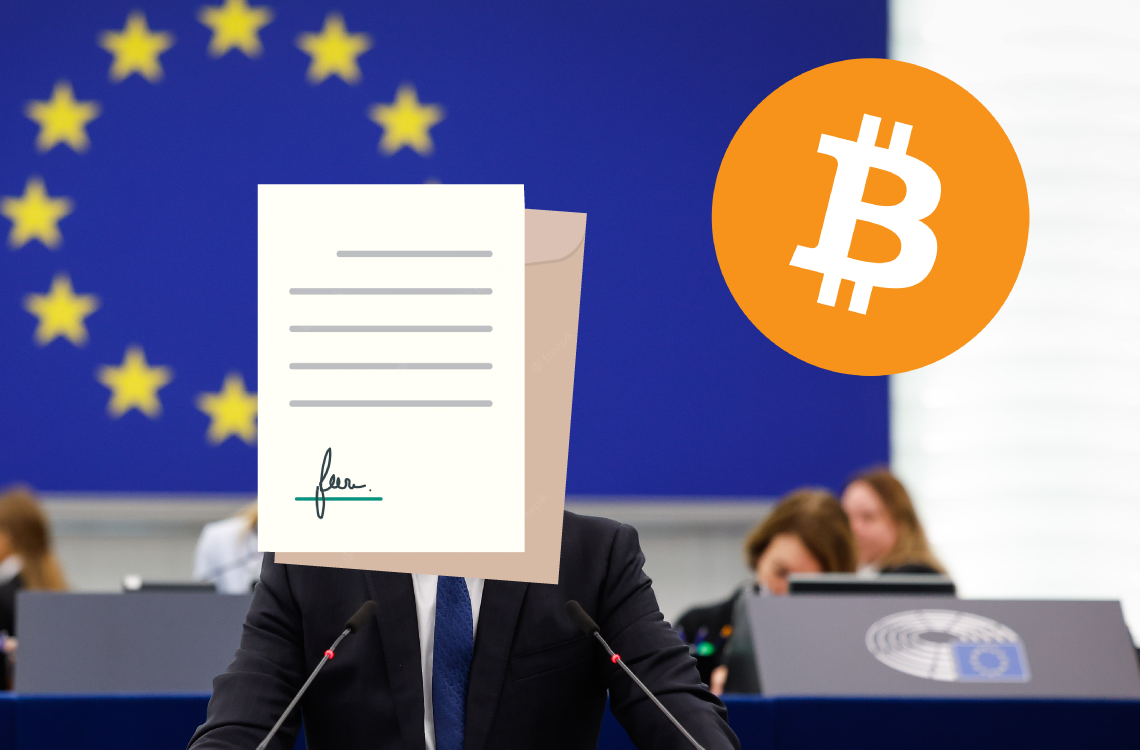The European Union’s Markets in Crypto Assets law (MiCA) has been published in the Official Journal of the European Union (OJEU), signaling the start of implementing comprehensive crypto licensing rules. The law mandates that crypto wallet providers identify their customers during fund transfers and offers a license for crypto companies to operate across the EU. It also introduces new governance and financial requirements for stablecoin issuers.
Timeline and effect of the MiCA law
The publication of the over 200-page law marks its formal passage into the EU’s statute book. It will come into force in 20 days, with its provisions applying on December 30, 2024. However, certain provisions will take effect on June 30, 2024.
Implementing the MiCA law comes at a time of significant uncertainty for crypto operators in the United States. The Securities and Exchange Commission (SEC) has filed lawsuits against Binance and Coinbase, alleging that they offered unregistered securities. This contrasts with the EU’s proactive approach to establishing comprehensive crypto regulations through MiCA.
Landmark step toward crypto regulation
The publication of the MiCA law in the Official Journal marks a significant milestone in the EU’s journey toward regulating the crypto industry. The law provides clear guidelines for crypto wallet providers, crypto companies, and stablecoin issuers, ensuring transparency and financial compliance within the European market.
The political outlines of the law were agreed upon in June last year, and the final text underwent translation into the EU’s official languages, leading to delays in the formal agreement and publication of the law.




